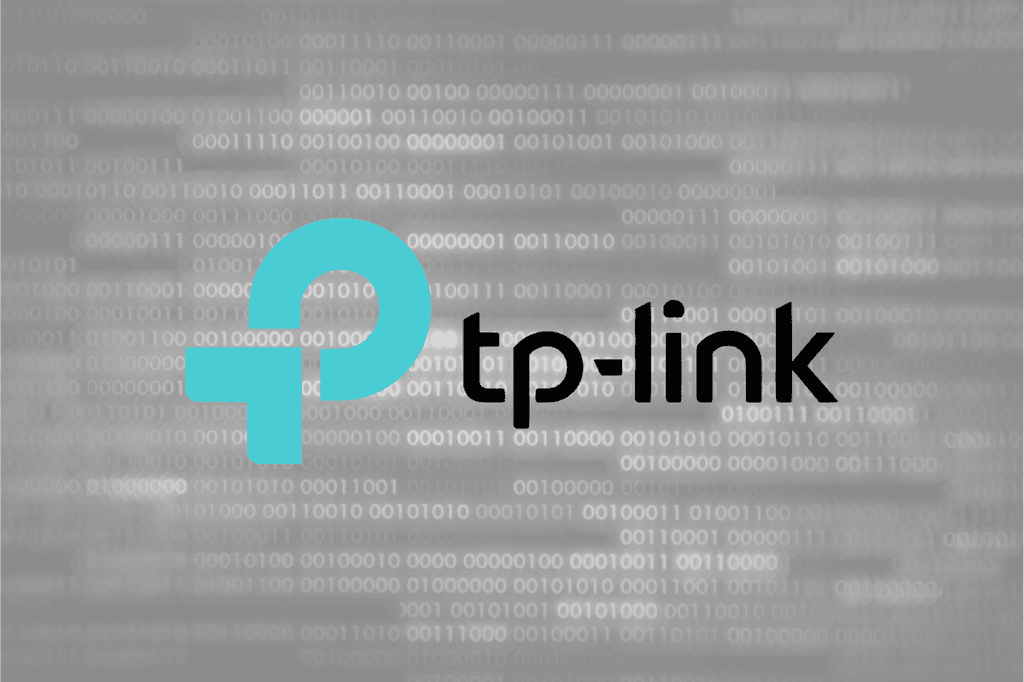
The U.S. Department of Justice has reportedly launched a criminal antitrust investigation into TP-Link Systems Inc., scrutinizing its pricing tactics and examining potential national security threats linked to the Chinese-connected router maker.
The investigation, initiated in late 2024 and continuing under the Trump administration, is centered on allegations of predatory pricing — selling routers below cost to dominate the U.S. market. According to Bloomberg reporting on the topic based on unnamed sources familiar with the matter, prosecutors are also evaluating TP-Link’s corporate structure to determine whether its operations present risks to national security. In parallel, the Commerce Department is conducting its own inquiry into the company's ties to China. This investigation represents part of a broader U.S. government trend of heightened scrutiny towards technology firms with perceived affiliations to foreign adversaries like China and Russia.
TP-Link Systems Inc., although headquartered in Irvine, California, maintains substantial operations in Shenzhen, China. The firm completed a corporate split last year, creating a nominally separate American unit, but concerns persist over the depth of its independence. Before the split, TP-Link was the world’s largest provider of consumer Wi-Fi equipment, according to IDC, and continues to dominate U.S. retail shelves via outlets such as Amazon and Best Buy. The company’s routers, vital components for connecting devices to the internet, are ubiquitous across American households, small businesses, and even military installations.
Concerns about TP-Link's security posture are not new. Last August, bipartisan lawmakers Chairman John Moolenaar (R-MI) and Ranking Member Raja Krishnamoorthi (D-IL) urged the Commerce Department to investigate TP-Link over the potential exploitation of its routers by Chinese state-sponsored hackers. Their warning cited the company's vulnerability record and China's stringent national security laws, which could compel companies to assist in government espionage efforts. Moreover, TP-Link routers have been identified among those exploited by Chinese hacking groups like Volt Typhoon during significant cyberattacks against U.S. infrastructure, though no evidence implicates TP-Link’s direct involvement.
In response to the DOJ's criminal probe, TP-Link stated that it has not received any official inquiry but expressed willingness to cooperate fully if approached. The company denied engaging in predatory pricing, asserting that it adheres to transparent and fair business practices. The DOJ, for its part, has not publicly commented on the reported ongoing investigation.
Criminal antitrust cases, particularly those alleging predatory pricing, are exceptionally rare and complex. They require the government to prove that the accused intended to eliminate competition and subsequently recoup losses by raising prices — an evidentiary burden that makes such prosecutions challenging. Still, under the Biden administration and continuing into Trump’s term, the DOJ has revived efforts to criminally prosecute monopolization cases, especially where national security intersections exist.
If violations are proven, TP-Link could face fines of up to $100 million, while company executives could face prison sentences of up to 10 years and personal fines up to $1 million.






Leave a Reply